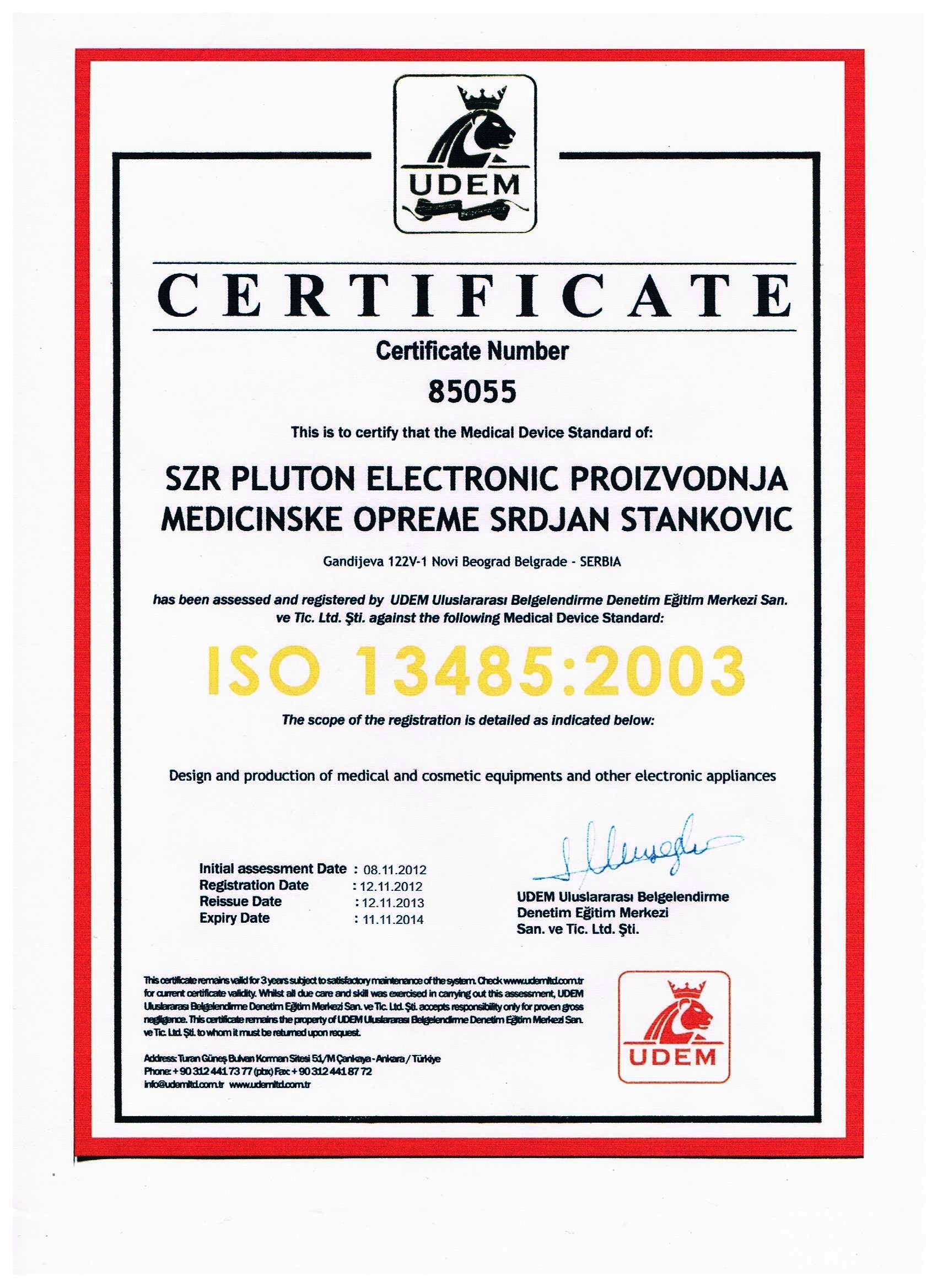Early detection can help improve melasma treatment, and researchers believe they now have the key: black light. Some had already suggested black light could help dermatologists diagnose melasma depth, but researchers at Boston Medical Center (BMC) and Boston University School of Medicine (BUSM) have discovered the technology can help diagnose melasma that would otherwise be invisible to the naked eye. For their study, the researchers quantitatively measured amounts of melasma detected using natural light and using black light, then compared the two. They discovered that the black light did, in fact, detect melasma that was invisible in natural light. It seems …Read more »
- COMPANY
- INSTITUTE REJUVEE
- CONTINUING EDUCATION
- WORKSHOPS
- RF Q-Polar Training – Institute Rejuvee NY
- RF-Training first level – Institute Rejuvee NY
- Mesotherapy RF Training – Institute Rejuvee NY
- PDT Therapy Training – Institute Rejuvee NY
- Ultrasonic Cavitation Training -Institute Rejuvee NY
- Electrotherapy Training – Institute Rejuvee NY
- RF-Electrocoagulation Training – Institute Rejuvee NY
- Acne Treatment with PDT- Light – workshops
- Cellulite reduce – workshops
- EDUCATION ON-LINE
- TEST ON-LINE
- CONTACT US
- BLOG
Welcome to Institute Rejuvee™
EDUCATION ONLINE, WORKSHOPS, DISTRIBUTION BEAUTY DEVICES
Tag Archives: Melasma Treatment
Translate
CERTIFICATE: ISO 9001 : 2008

CERTIFICATE ISO 13485 : 2003
